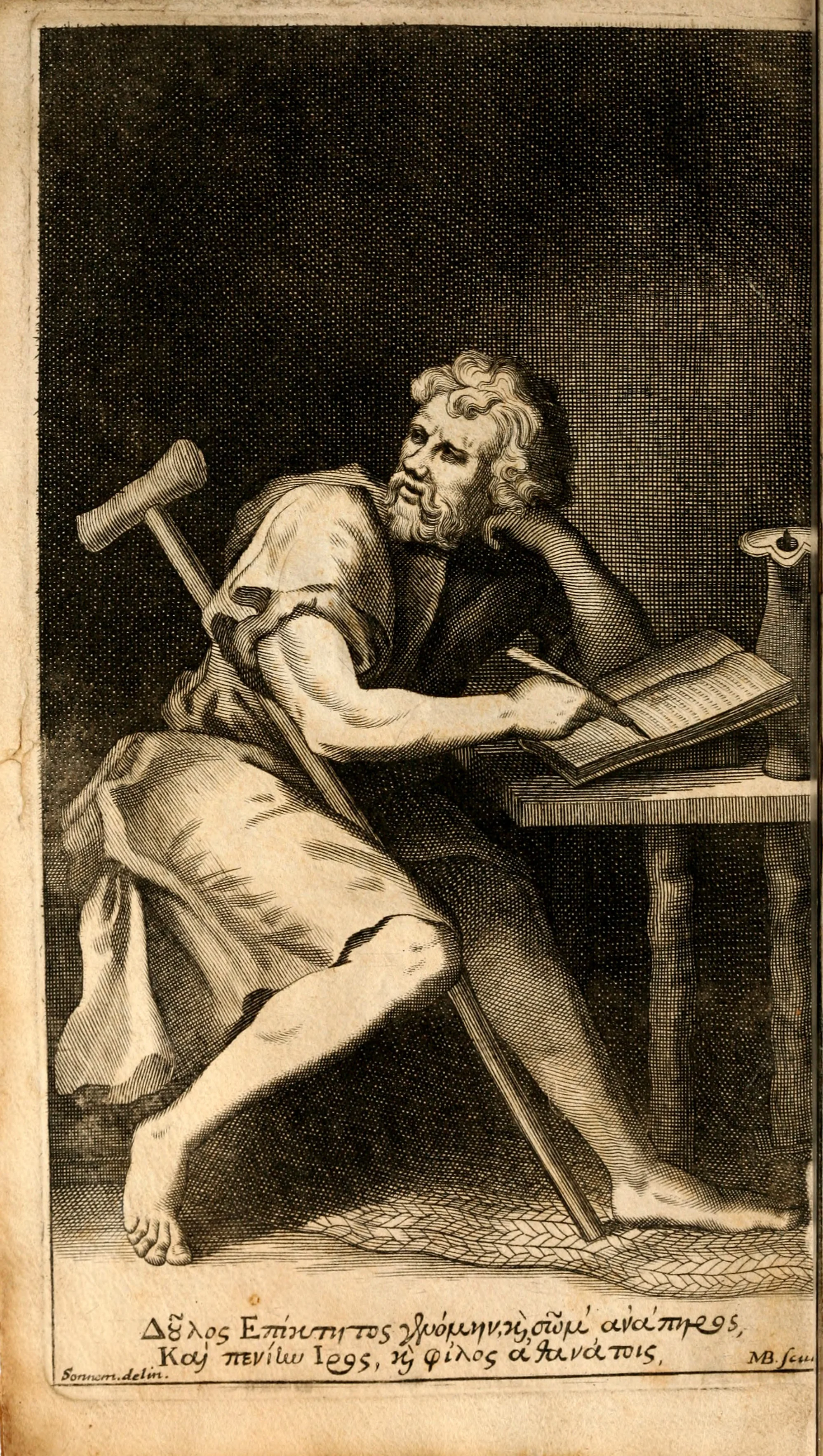Michael Murphy co-founded Esalen, a cross between an adult education college, a research institute, and an ashram, in 1962. It’s had a huge influence on contemporary spirituality, and was the incubator for everything from ecstatic dance to Authentic Relating to holotropic breathwork. Here, Murphy tells me how he was inspired by his friends, Alan Watts, Gerald Heard and Aldous Huxley, and how Esalen managed to keep going for 53 years, when so many spiritual experiments went very wrong very quickly.
Read MoreThree friends emerged from a consultation with a celebrity Glasontonbury shaman with remarkably similar predictions for their future. Were their destinies bizarrely intertwined? I went to find out.
Read MoreOur psyches are deeply connected to the material and symbolic worlds we weave around us. The habitat of our daily lives re-inforces our habits, for good and ill. All our stuff – our apartments, our clothes, our books, our TV, our online activity, our food, our relationships – helps make us who we are, in a powerful feedback loop.
Read MoreWhile I was in San Francisco, I got the chance to meet Michael Murphy, one of the founders of the Esalen Institute. It's a cross between a spiritual retreat centre and an adult education college, perched on the cliffs of Big Sur next to some hot springs. It's been very influential on transpersonal psychology and American spirituality.
Read MoreLast week I visited Pendle Hill, a Quaker retreat centre outside Philadelphia, nestled between the gorgeous Quaker liberal arts colleges of Haverford and Swarthmore. I made a sort of mini-pilgrimage there as part of my research into the ‘mystical expats’ – Gerald Heard, Aldous Huxley, Christopher Isherwood and Alan Watts, four English writers who moved to California in the 1930s and helped invent the ‘spiritual-but-not-religious’ demographic (which is now 25% of the US population).
Read MoreThe only thinker whose popularity on YouTube comes close to prophet-of-rage Jordan Peterson is Alan Watts, the British popularizer of Eastern wisdom. Watts’ talks from the 50s, 60s and early 70s have millions of views on YouTube, and are often edited to the accompaniment of orchestral or ‘chillstep’ soundtracks and jazzy collages of modern life.
Read MoreLast week I wrote about a book I picked up on Amazon – Pema Chodron’s The Places That Scare You. This week I’ll talk about the other book I picked up in the jungle, a little novel called A Single Man, by Christopher Isherwood.
Read MoreMilan Scheidegger is one of the most interesting young researchers in psychedelics, because he integrates several different perspectives. He's a clinical psychiatrist at the University of Zurich, who's spent a decade studying the effect of psychedelics on subjects in a laboratory, and on a meditation retreat.
Read MoreI went to India for the first time last year. I'd always been drawn to ancient Indian philosophy, but had put off visiting the country until I had some time to dive in. It was, I guess you could say, 'spiritual tourism': travel for the purpose of spiritual growth.
Read MoreHow are you feeling? How well are you? Is your weight where you want it to be? Smoking too much? How happy are you on a scale of one to ten? Are you optimising your personal brand? How fast was your last five kilometre run? Would you like to share that via social media? Would you like a life-coach to help you overcome these challenges on a way to a better, happier, more awesome you?
Read MoreWatch out folks. There is a murky world lurking behind the scenes, a sinister cabal of policy-makers, psychologists, CEOs, advertizers and life-coaches, watching you, measuring you, nudging you, monitoring your every smile, all to try and make you happy. We must resist. This, broadly, is the message of sociologist William Davies’ book, The Happiness Industry: How Government and Big Business Sold Us Well-Being.
Read More










